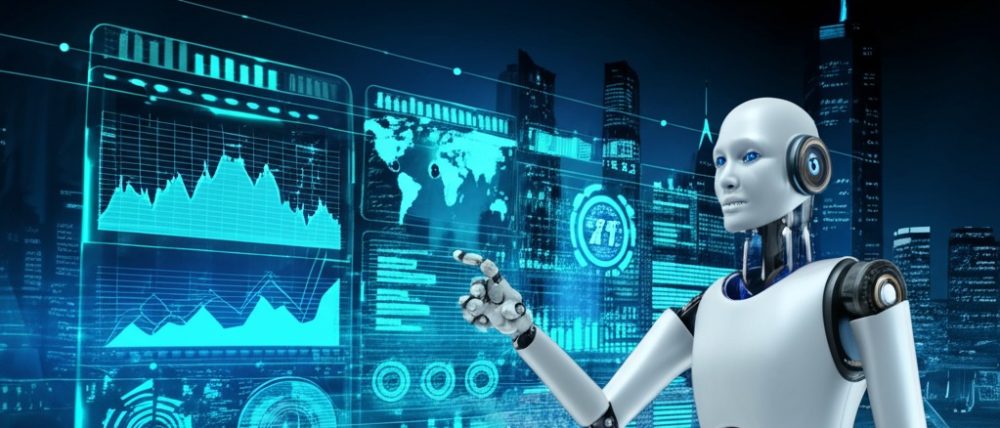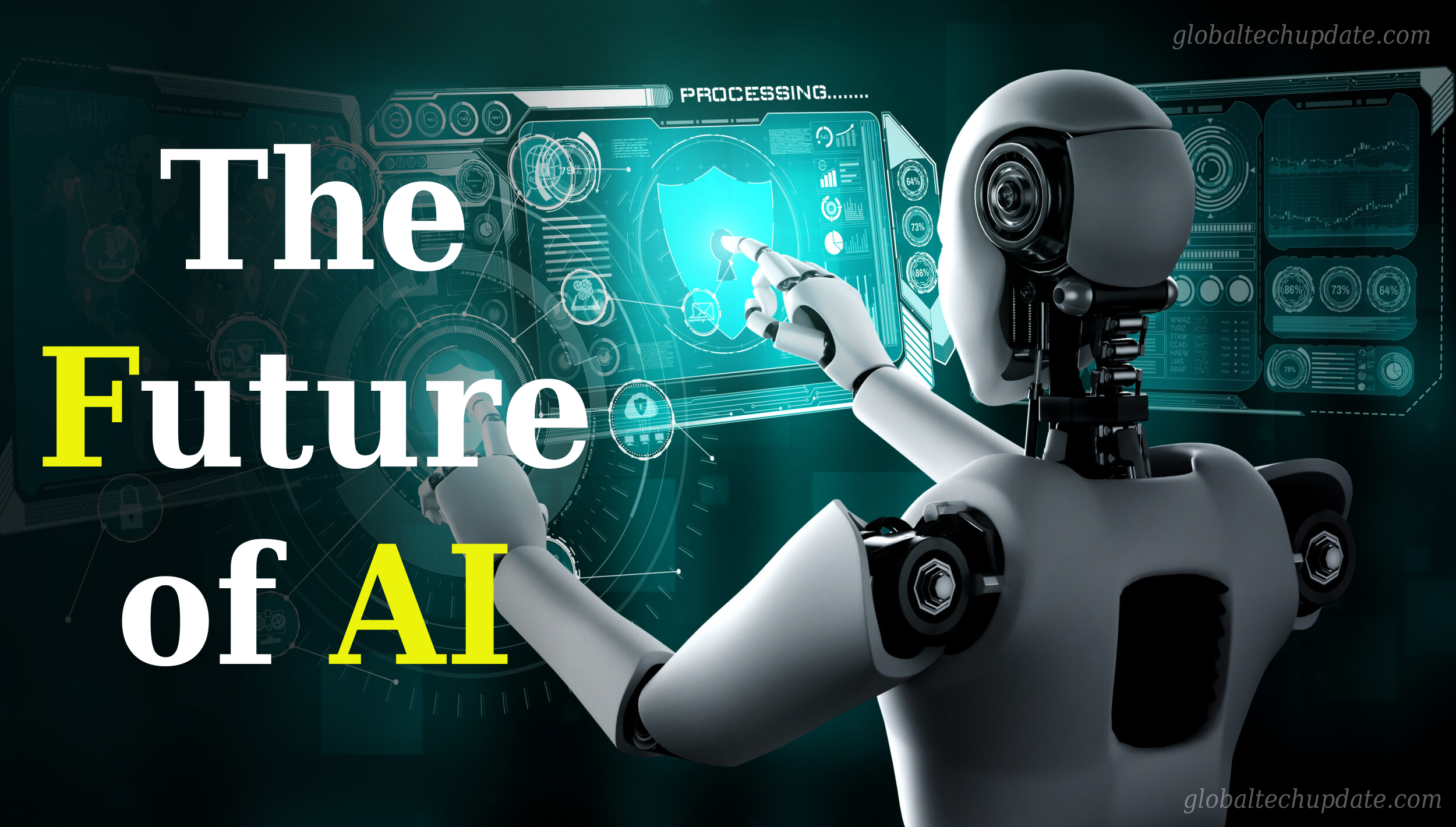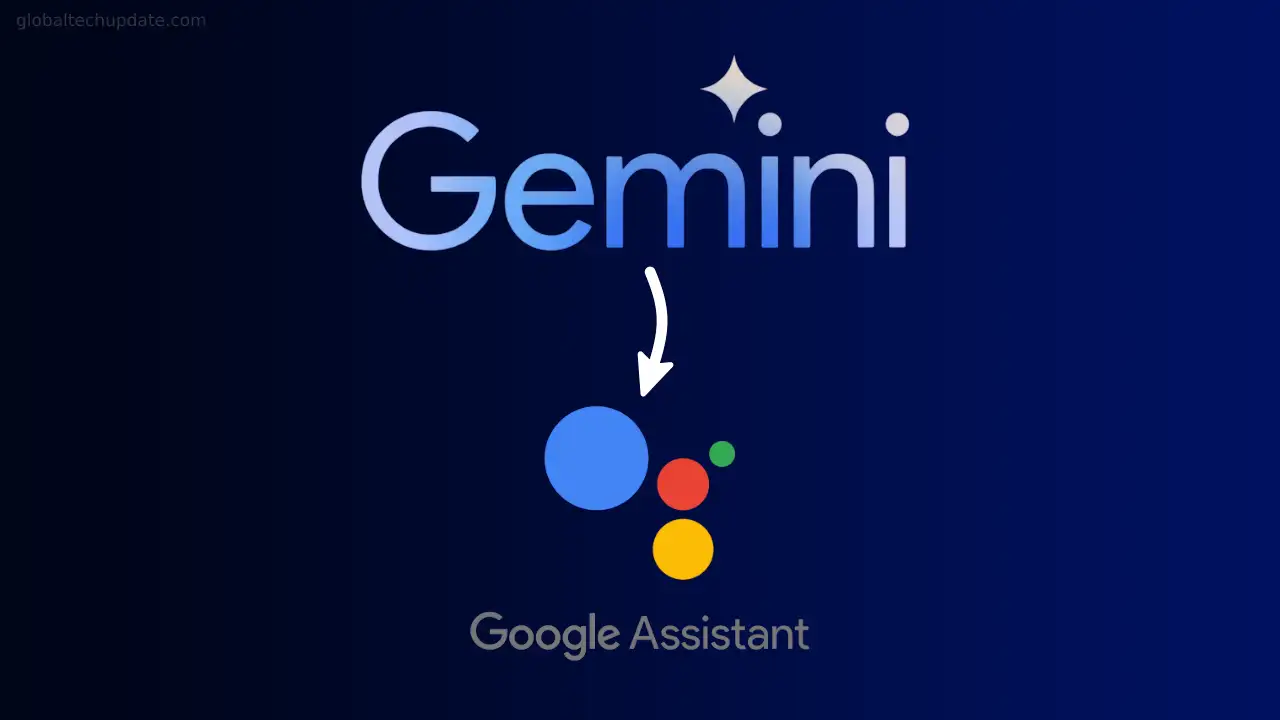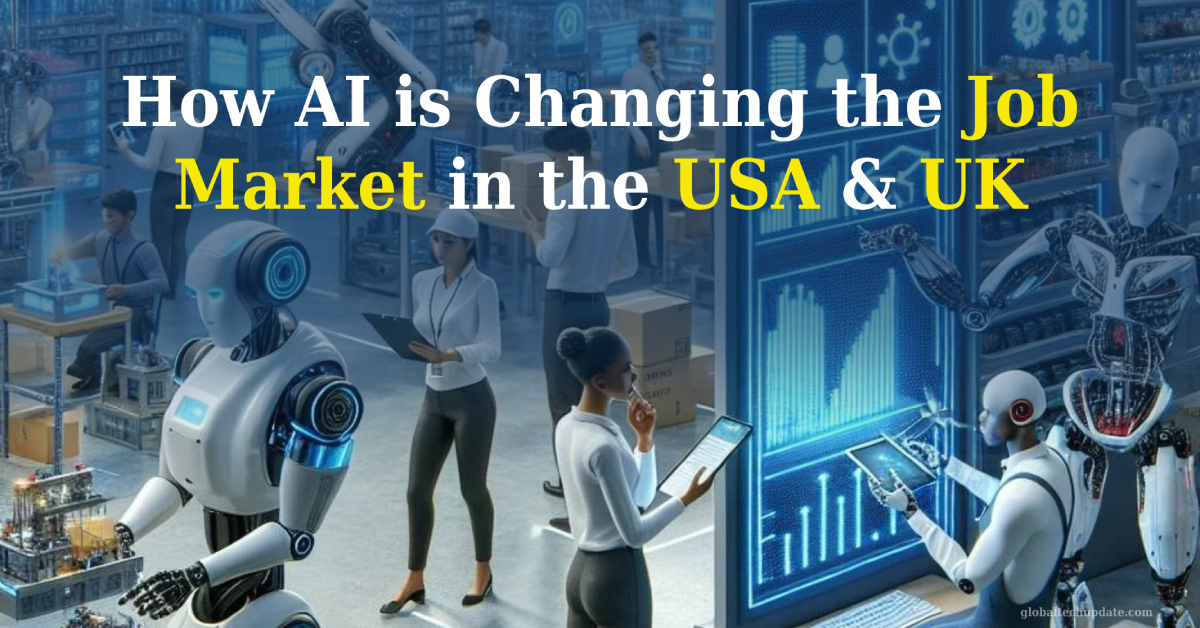The Future of AI: What to Expect in 2025 and Beyond
Introduction
Artificial Intelligence (AI) is evolving rapidly, transforming industries, reshaping economies, and redefining the way humans interact with technology. As we approach 2025, AI advancements are set to revolutionize multiple sectors, including healthcare, finance, education, and automation. This article explores AI trends, predictions, and the technological future of AI beyond 2025.
Key AI Trends in 2025
The AI industry is expected to experience groundbreaking developments in various areas:
1. AI-Powered Automation
- AI will continue to enhance workplace efficiency by automating repetitive tasks in industries like manufacturing, logistics, and customer service.
- Businesses will increasingly integrate AI-driven robotic process automation (RPA) to improve productivity.
2. Ethical AI and Responsible AI Development
- Governments and organizations will implement stricter AI regulations to ensure ethical AI usage.
- AI bias and fairness will become central discussions in AI ethics and governance.
3. Advanced Natural Language Processing (NLP)
- AI chatbots and virtual assistants will become more sophisticated, offering human-like conversations.
- AI will be capable of generating high-quality content with improved contextual understanding.
4. AI in Healthcare
- AI will revolutionize early disease detection, medical imaging, and personalized treatment plans.
- AI-driven robotic surgeries and virtual healthcare assistants will become more common.
5. AI in Cybersecurity
- AI will play a crucial role in identifying and mitigating cybersecurity threats in real time.
- Organizations will invest heavily in AI-driven security solutions to combat evolving cyber threats.
AI Predictions for 2025
AI’s growth in the coming years will influence various aspects of life and business:
- AI-powered personal Assistants: Virtual assistants like Siri and Alexa will become more context-aware and personalized.
- AI in Finance: AI-driven financial analytics and fraud detection will become more accurate.
- AI in Retail: AI will enhance customer experiences through personalized shopping recommendations and automated inventory management.
- AI in Education: Adaptive learning platforms will offer personalized learning experiences based on student behavior and performance.
The Future of AI Technology Beyond 2025
AI will continue to evolve beyond 2025, driving innovations in:
- Artificial General Intelligence (AGI): AI may progress towards human-level intelligence with reasoning and problem-solving capabilities.
- AI and Quantum Computing: The combination of AI and quantum computing will accelerate data processing speeds, opening new possibilities in research and development.
- AI and the Internet of Things (IoT): AI will integrate with IoT devices to create smarter cities and homes.
- AI in Autonomous Vehicles: AI-driven self-driving cars will become safer and more efficient with improved real-time decision-making capabilities.
Challenges and Ethical Concerns
Despite AI’s potential, there are concerns regarding:
- Job Displacement: AI automation may replace certain jobs, requiring workforce reskilling.
- Privacy and Security Risks: AI-driven data collection raises concerns about user privacy and data breaches.
- Bias in AI Algorithms: Developers must address biases in AI models to ensure fairness and ethical decision-making.
Conclusion
The future of AI in 2025 and beyond promises significant advancements, shaping the global landscape across various industries. As AI continues to evolve, businesses and individuals must adapt to harness its full potential while addressing ethical challenges. Staying informed about AI trends and developments will be crucial in navigating this transformative era.




